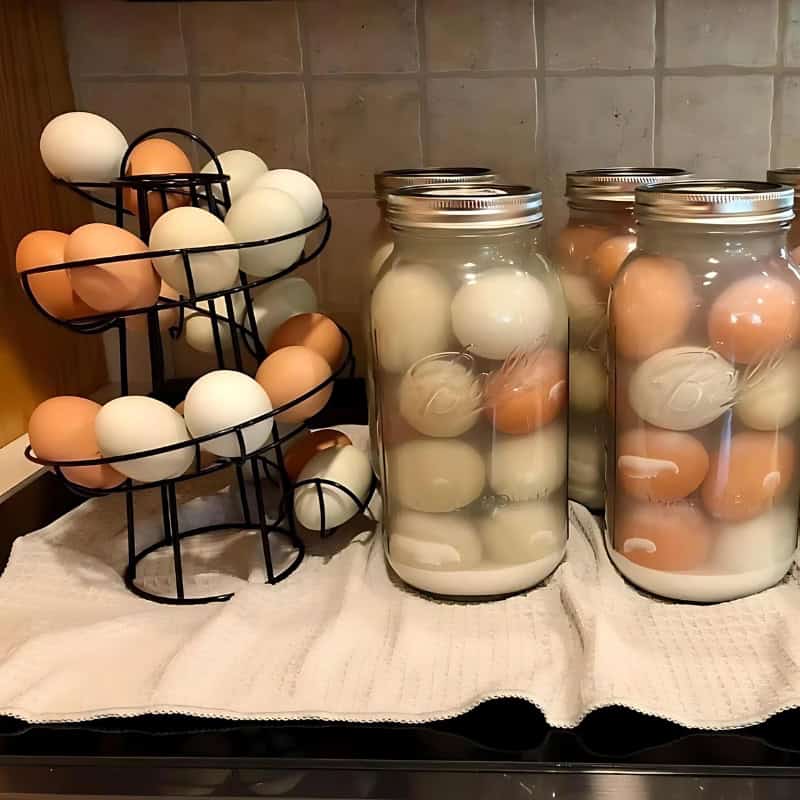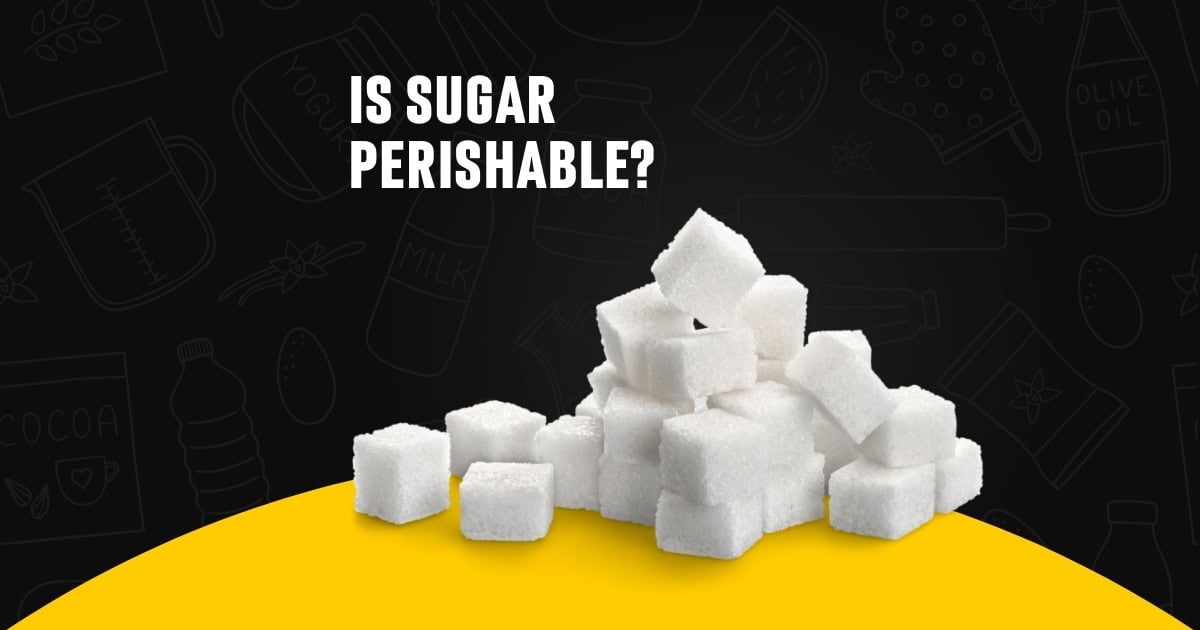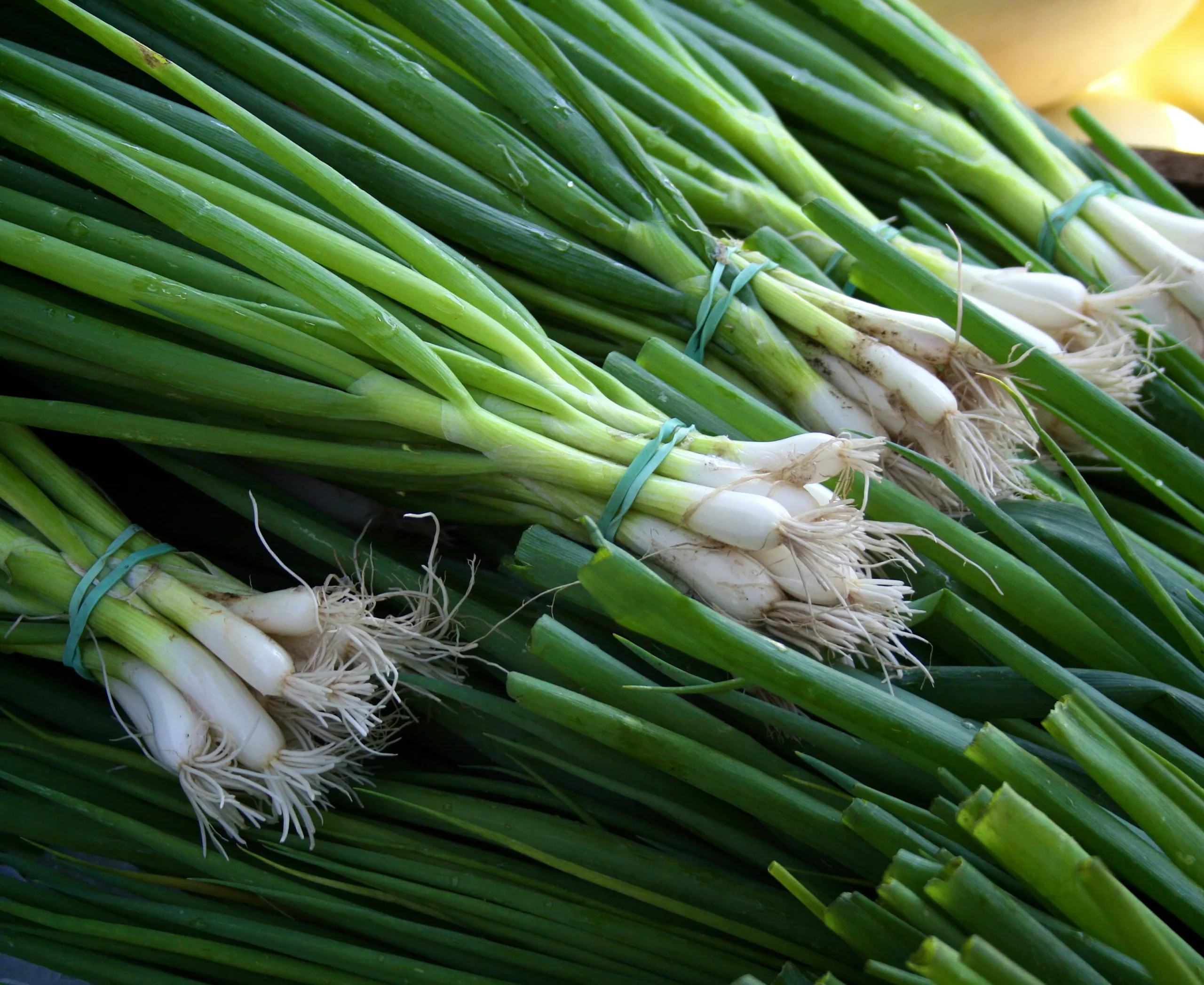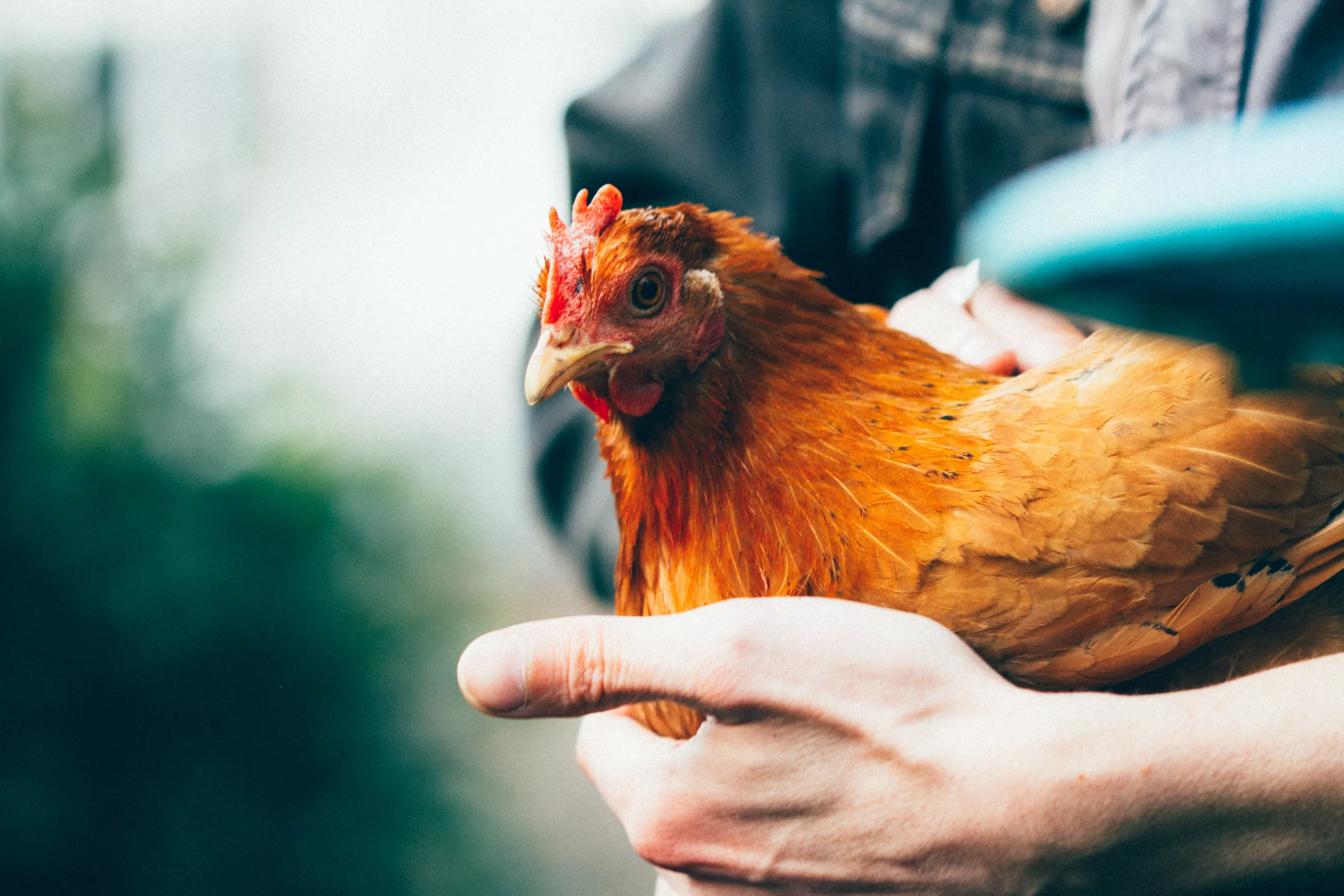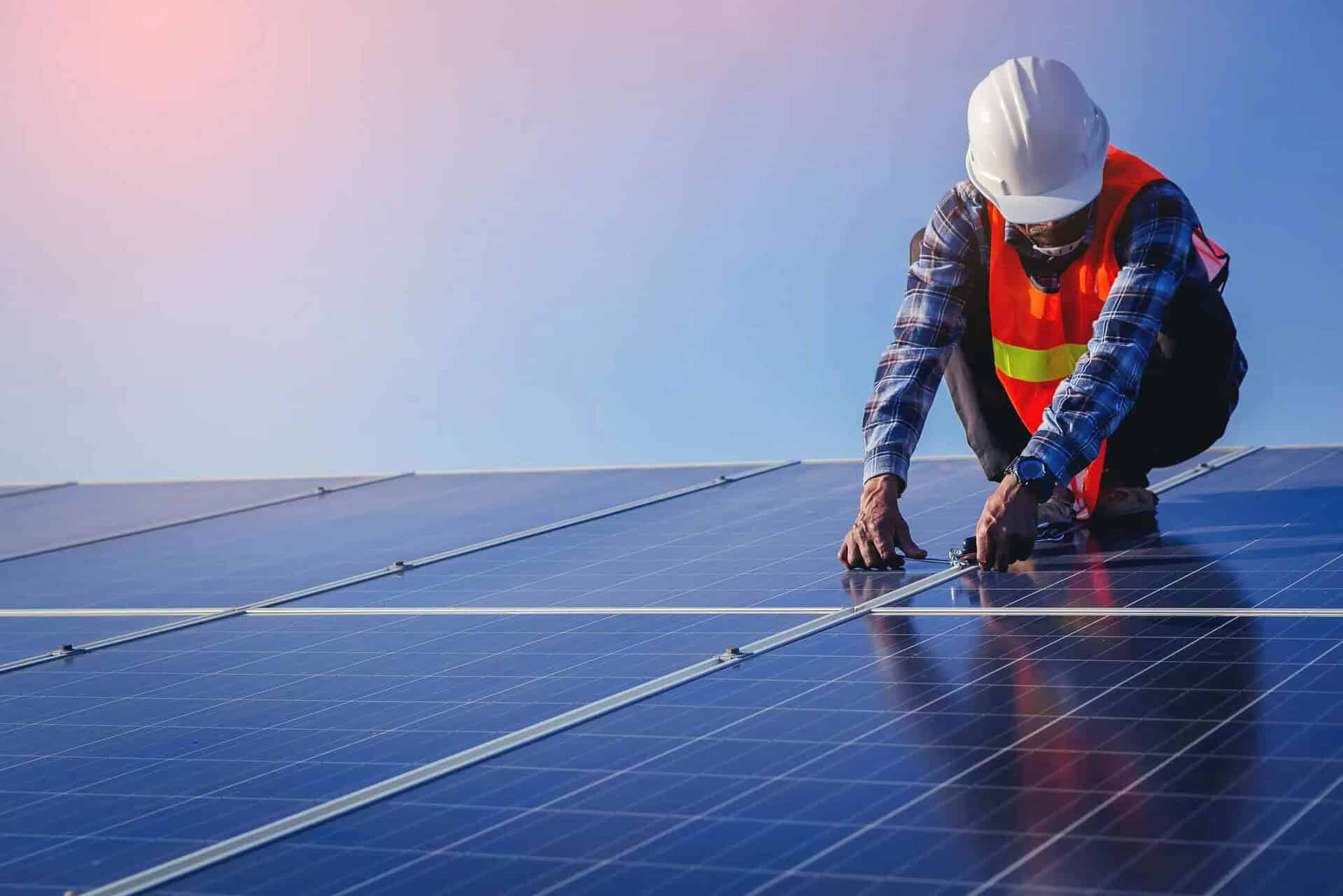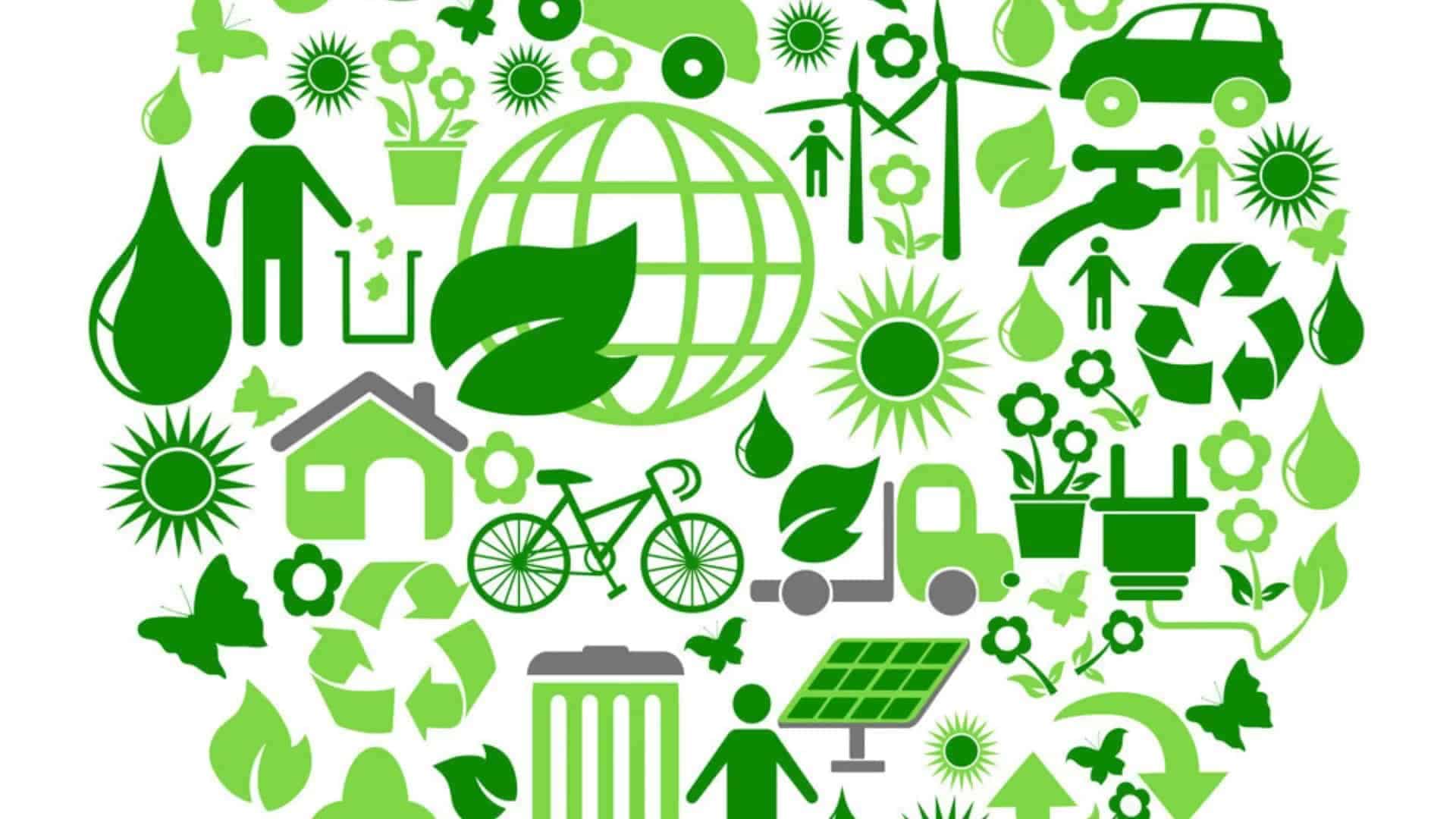Ever heard of water glass eggs? If chickens have a place in your backyard, then you need to take advantage of this home preservation method to preserve eggs. After all, what happens when your backyard hens are producing more eggs than you can consume, or you want to take advantage of seasonal egg abundance? Enter water glassing, an age-old method of preserving fresh eggs that dates back to the 19th century.
This technique uses a simple solution of water and pickling lime to extend the shelf life of eggs for months. But with any preservation method, safety is a top concern.
Now, when you do this correctly, water glassing egg storage can keep eggs fresh for up to 18 months! Perhaps you could say that’s pretty magical. This is also a fantastic practice for zero-waste living, allowing you to save eggs from going bad and making sure you enjoy a steady supply of fresh eggs.
In this comprehensive guide, we’ll explore the safety of water glass eggs, how to properly store them, and tips for using them in your cooking. Discover how you can enjoy fresh-tasting eggs year-round while ensuring they remain safe to eat.
What Are Water Glass Eggs?

Water glass eggs is a process of preserving eggs by submerging them in a water + lime solution. using a water glassing method, which has historical significance dating back to the 19th century. Sometimes, old really is gold when it comes to sustainable practices. Water glass, also known as sodium silicate, creates a seal around the eggs, preventing air and bacteria from entering.
This method of this egg storage is effective because it maintains the eggs’ freshness without refrigeration. The process requires using clean, unwashed eggs to preserve the natural protective coating, or bloom, which helps keep bacteria out.
Is Water Glass Eggs Good?

You’ll be surprised to learn that preserving eggs for long-term storage has its benefits! Before we show you our water glass recipe for eggs, let’s look at what the benefits are.
Long-Term Egg Preservation
Preserving eggs this way can keep them fresh for up to 18 months. This is especially useful for those who keep chickens and experience a surplus of eggs during certain seasons. By storing eggs in lime, you can ensure a supply of fresh eggs throughout the year. Isn’t that amazing?
Zero-Waste Living
Preserving eggs for long-term storage contributes to zero-waste living. Instead of letting eggs spoil and go to waste, water glassing allows you to use every egg efficiently. We honestly love this method because it aligns with sustainable living practices by reducing food waste.
Home Preservation
Can you enjoy water-glassed eggs at home? Absolutely! Preserving eggs in a water glass is a simple, at-home method that doesn’t require special equipment. Home preservation of eggs is an excellent way to ensure you have fresh eggs available even when they are not readily available in stores.
How to Store Glass Eggs
For waterglassing eggs, you’ll need:
- Clean, unwashed eggs
- Food-grade hydrated lime
- A non-reactive container (such as a glass jar or a food-grade plastic bucket)
It’s super important that you use the right materials for successful water glass egg storage. Also, remember to use clean, unwashed eggs in your water glass recipe for eggs. This is crucial because washing removes the bloom, which is necessary for effective preservation. Food-grade hydrated lime creates the alkaline solution needed to seal the eggs and prevent bacterial growth. Here’s a step by step tutorial.
Step-by-Step Guide to Water Glass Eggs
Waterglassing eggs is not a rocket science. Here’s all that you need to do:
Step 1: Prepare the Water Glass Solution

To prepare the water glass solution, you’ll need:
- 1 ounce of food-grade hydrated lime
- 1 quart of water
Mix the hydrated lime and water in a clean, non-reactive container until the lime is fully dissolved. This solution forms the water glass mixture that will preserve the eggs.
Step 2: Place the Eggs in the Solution

Gently place the clean, unwashed eggs into the solution, ensuring they are completely submerged. Be careful not to crack the eggs as this will compromise the preservation process when storing eggs in lime.
Step 3: Store the Container Properly

Store the container in a cool, dark place, such as a basement or pantry. The ideal storage temperature is between 50-70°F. Proper storage is crucial to maintaining the quality of your eggs.
When you notice the white accumulation at the bottom, it means the lime has peeled off the outer layer of the eggs.
How To Store Water Glass Eggs
It is important to keep an eye on your water glass eggs. Always use clean, unwashed eggs and food-grade hydrated lime to avoid contamination. Before using the eggs, check for signs of spoilage, like foul odor or an unusual appearance.
Proper storage conditions, such as keeping the container in a cool, dark place, help maintain egg quality and prevent spoilage.
Here are some general tips to keep in mind:
Label and Date: Always label the container with the date you started waterglassing the eggs, so you know how long they have been stored.
Storage: Keep the container in a cool, dark place, ideally at temperatures between 50°F and 70°F (10°C and 21°C).
Use Within Six Months: While waterglassed eggs can last up to a year, using them within six months is advisable for the best quality.
By following these steps, you will be able to extend their usability well beyond the typical shelf life of fresh eggs.
How to Use Preserved Eggs
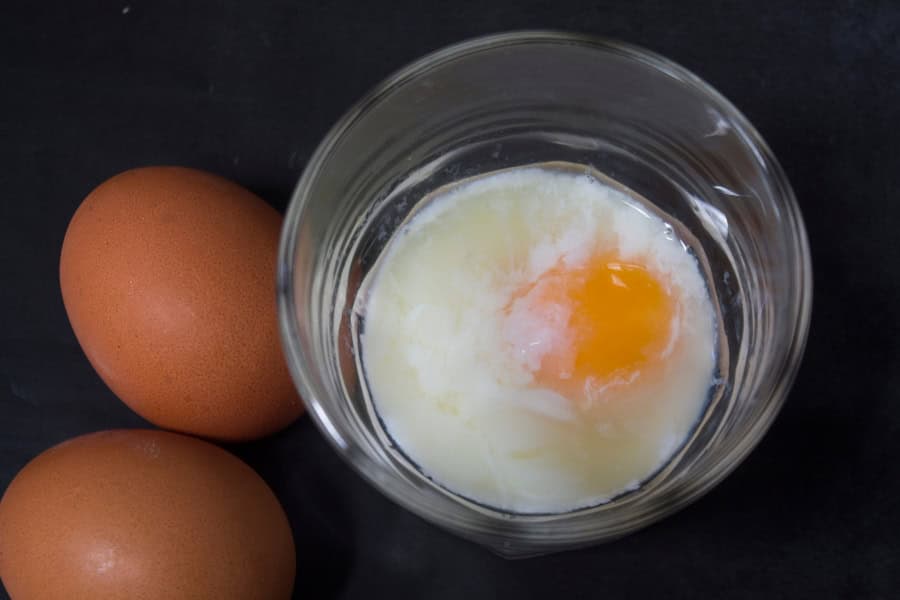
Waterglassed eggs can change texture over time due to the pickling lime (calcium hydroxide). The egg whites can become more watery and less firm compared to fresh eggs, and the yolks may become more gelatinous or thicker, making them less runny and more difficult to separate from the whites. Lastly, the eggshells might become more fragile due to prolonged exposure to the alkaline environment of the lime solution.
However, the change in texture doesn’t effect their taste. They retain their freshness and quality and can be used just like fresh eggs in cooking and baking.
To make sure they are safe to use, follow these steps:
- Inspect the Eggs: Check each egg for cracks or any signs of spoilage. Discard any eggs that look or smell bad.
- Rinse the Eggs: Before using, rinse each egg thoroughly under cold running water to remove any lime residue.
- Crack Open Carefully: Because the shells might be more fragile, crack the eggs gently. You might notice a change in texture, particularly with the egg whites being more watery and the yolks potentially thicker.
If it looks and smells okay, it will be safe to use. Plus, we really like the idea of having a supply of preserved eggs on hand, especially during times when fresh eggs are not readily available or there’s a shortage in the market.
Water Glass Eggs Tips for Best Results
When preserving eggs, you might encounter some common problems. For instance, if the solution becomes cloudy or the eggs develop an off-smell, it indicates contamination.
To avoid issues with water glassing egg storage, make sure that you use only clean, unwashed eggs and food-grade hydrated lime. Maintaining the quality of the water glass solution is also just as important for successful preservation!
Summing Up!
The Water glass eggs is an age-old practise. It is one of the best and most practical methods of egg preservation known that can keep eggs fresh for up to 18 months. By using the right materials and following the proper steps, you can enjoy fresh eggs year-round. We love this preservation method because it supports zero-waste living and ensures a steady supply of eggs even when they are not readily available.
Interested in enjoying nutritious egg replacements? Take a trip down the vegan lane and check out our vegan egg substitutes for your next healthy meal!
Frequently Asked Questions
Is water glassing eggs safe?
Yes, water glassing eggs is safe when done correctly. To ensure safety, you must use clean, unwashed eggs and food-grade hydrated lime. The process involves creating a solution of water and lime that preserves the eggs by preventing bacterial growth and air from penetrating the shells. It’s important to follow the guidelines carefully to avoid any contamination.
What do water glass eggs taste like?
Water-glass eggs taste very similar to fresh eggs. The preservation process mainly affects the shell and does not significantly alter the taste of the egg inside. As a result, water-glass eggs can be used in all the same recipes as fresh eggs, including baking, cooking, and frying, without any noticeable difference in flavor.
Why are my water glass eggs runny?
If your water-glass eggs are runny, it could be due to improper preservation or storage conditions. There are several factors to consider such as solution mixture, storage conditions, and the quality of the eggs.
What is a water egg?
A water egg is an egg that has been preserved using the water glassing method. This traditional preservation technique involves submerging fresh eggs in a solution of water and food-grade hydrated lime. The lime creates a protective barrier on the eggshells, preventing bacteria and air from entering and thereby extending the eggs’ shelf life. Water eggs can remain fresh for several months when stored properly.
